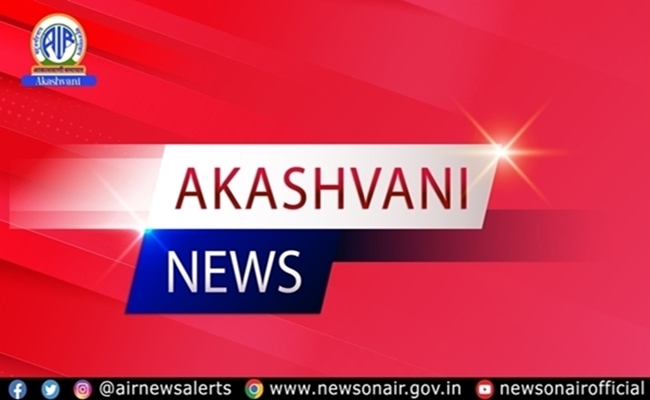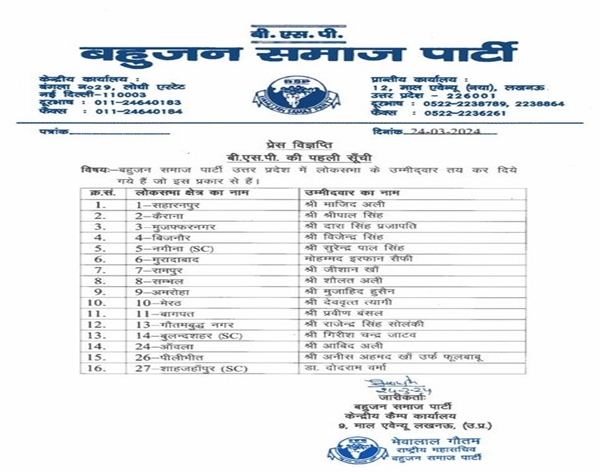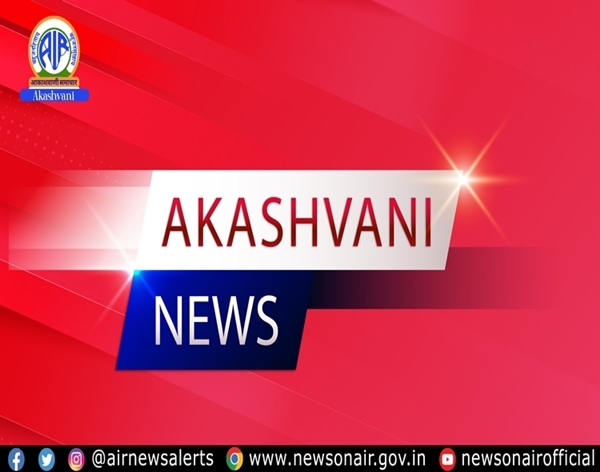The journey towards a pivotal change in extending the voting rights to the Transgender community of India was not without enormous challenges. The story echoes the struggles and triumphs of the community.
A report:
In the annals of India’s legal history, April 2014 marked a watershed moment when the Supreme Court delivered a landmark judgment recognizing transpersons as the ‘third gender’ by law. The genesis of this battle traces back to 2003, when the Madhya Pradesh High Court nullified the election of transgender Kamala Jaan to the post of Mayor of Katri. In 2004, advocate A. Rajini and transgender activist Priya Babu embarked on a journey to challenge the status quo by filing a petition in the Madras High Court, seeking voter identity cards for transpersons. Despite the challenges, justice prevailed. This landmark victory not only bestowed upon them a tangible symbol of citizenship but also heralded a shift in societal attitudes.
Subsequent developments, such as the inclusion of transgender needs in political manifestos and the establishment of welfare boards, underscored the transformative power of inclusive policies. While many Transgender candidates are contesting for elections and turning up to cast their votes, the Election Commission of India has acknowledged and is working to raise awareness and expand the scope of inclusion. As the 2024 Lok Sabha elections loom, over 48 thousand transgender individuals are eligible to vote. As the transgender community continues to navigate the complexities of electoral participation, their journey serves as a poignant reminder of the resilience and determination for equality and justice in India’s vibrant democracy.















